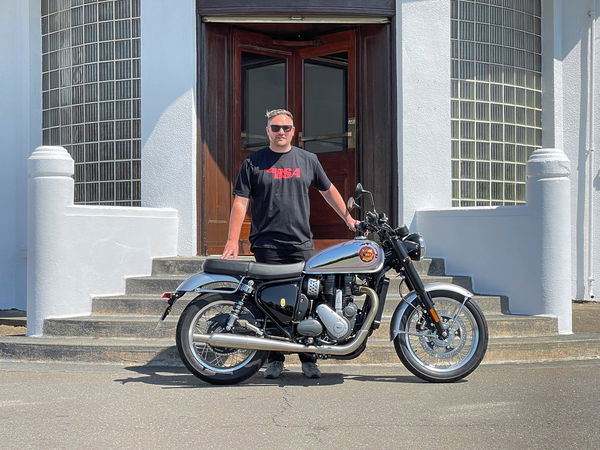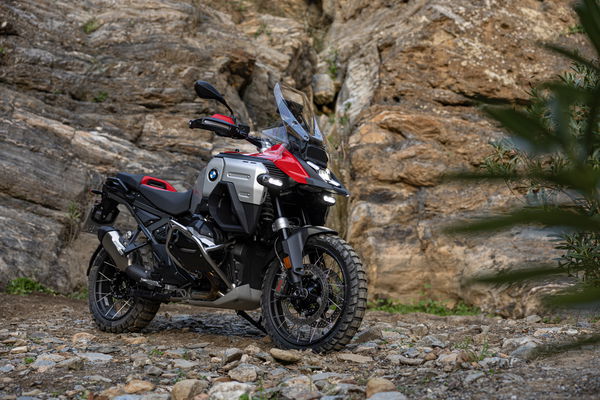Yamaha cuts 15 years from its carbon neutrality goal
Yamaha has announced a 15-year reduction in its target for carbon neutrality in its factories, both in Japan and overseas, from 2050 to 2035.
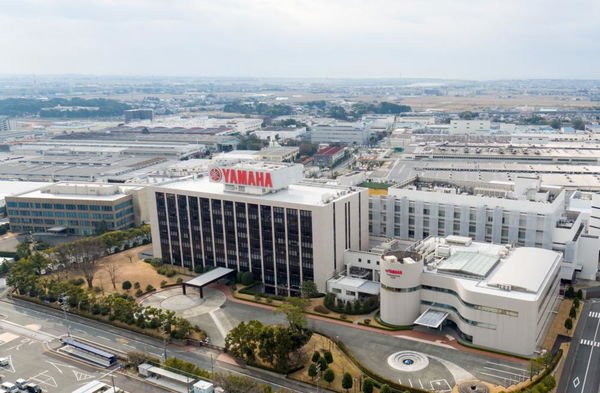
Yamaha is aiming for carbon neutrality in its factories, both in Japan and overseas, by 2035, having previously set its target at 2050.
The initial 2050 goal was set as part of the Yamaha Environmental Plan 2050, revised in 2021, but it has been announced today (28 June 2022) that this will be moved forwards to 2035.

Yamaha says that this will be achieved by pushing “initiatives centred on minimising its energy use as well as relying on cleaner energy,” in a press release.
Compared to 2010, the result of this minimising of energy use, and the ‘cleaning’ of its energy supplies, is projected to be a 92% reduction in CO2 emissions by 2035. This includes production at both domestic (Japanese) and overseas Yamaha factories.
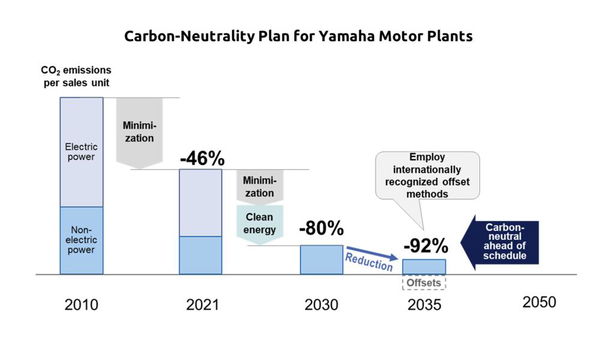
The remaining emissions will be offset by “internationally recognized methods to carry out [Yamaha’s] plan to achieve carbon neutrality at all its factories,” Yamaha says.
Yamaha says that part of this plan is also a “theoretical-value-based energy approach,” that “aims to minimise energy use by defining only energy truly required for creating products as having value, while considering all other types of energy consumption as targets for improvement.”
This approach will involve a “meticulous” implementation of equipment “auto-shutdowns,” the idea of which is to “aim for zero standby and fixed energy consumption,” according to Yamaha.
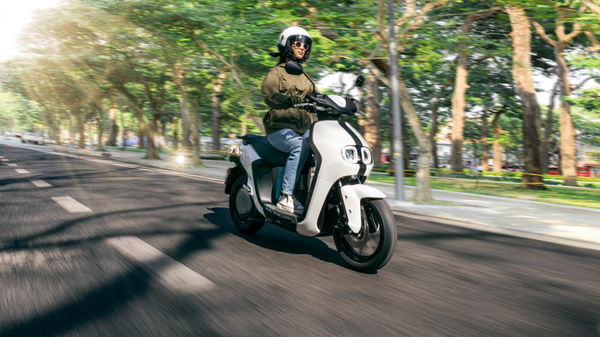
Furthermore, Yamaha plans to minimise the size, and therefore energy requirements, of its equipment. Balancing this with actual production efficiency will be the key.
On the energy supply side of things, Yamaha says it is going to switch to the zero-carbon hydroelectric power of Chubu Electric Power’s Shizuoka Green Denki “in all facilities within the jurisdiction of the HQ from July 2022.” There will also be the introduction of electric-powered industrial furnaces, and it will continue to install solar panels at its facilities to reduce its reliance on centralised energy.
This new of Yamaha’s zero-carbon goals comes a week after its announcement of a $100m sustainability fund. Together with its production of low-powered electric two-wheelers, and its research into hydrogen technology, Yamaha is distinguishing itself as one of the more environmentally-focused of the major manufacturers.
